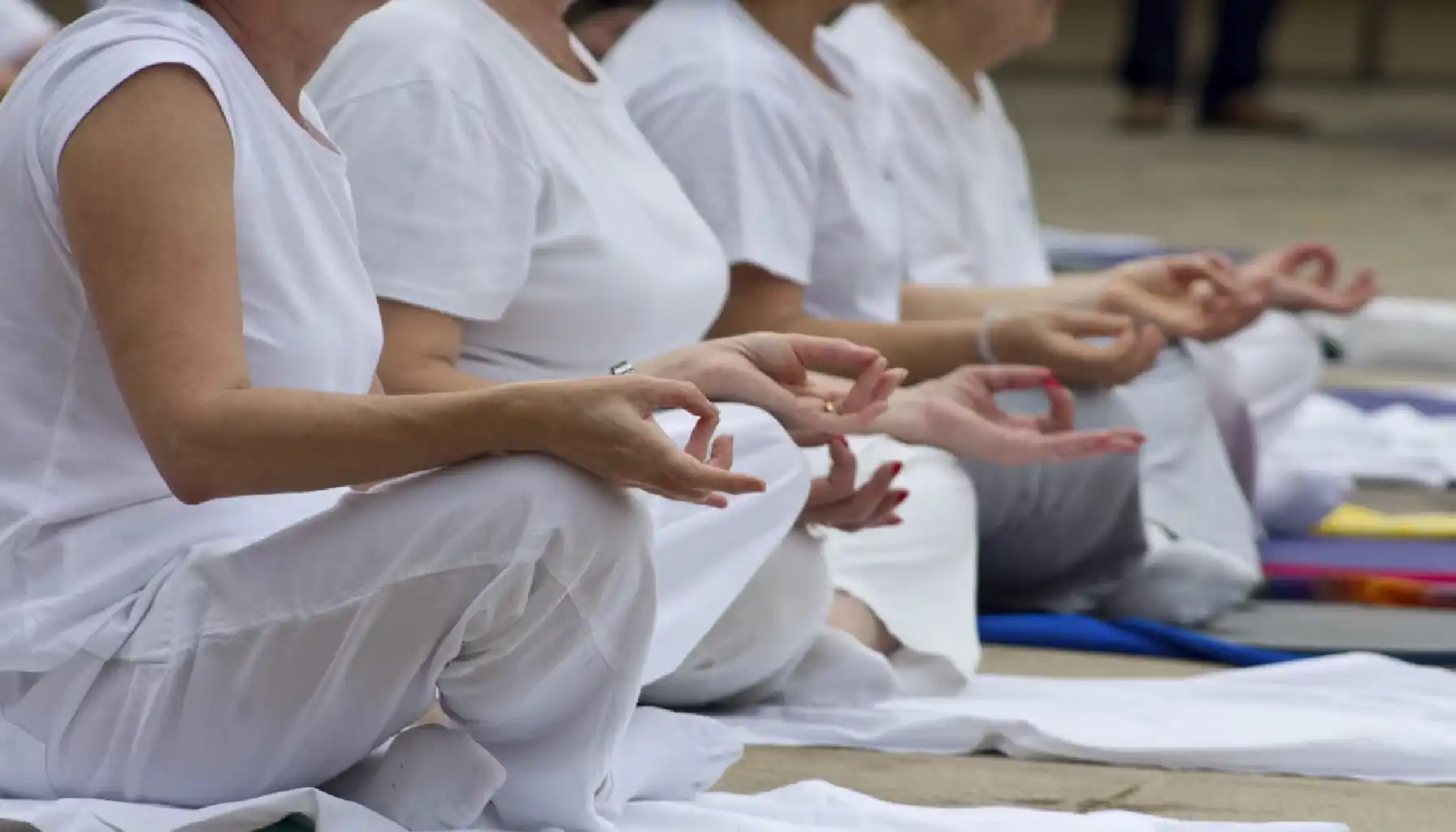How to Practice Mindfulness Meditation: A Beginner’s Guide

Contents:
Meditation is a practice in self-acceptance and a good way to find inner peace and calm in our busy lives without psychologists. It encourages us to pay attention to the present moment without judgment - many people wonder how to practice mindfulness meditation to gain its benefits for mental clarity and well-being and improve focus.
How Do You Practice Meditation?
To begin, find a quiet place where you won't be disturbed. Sit comfortably on a cushion, chair, or even lie down; the key is a relaxed yet alert posture. People often ask how to start a meditation practice effectively. Start with small steps, dedicating just a few minutes daily, as consistent effort makes a significant difference.
Once comfortable, gently close your eyes or soften your gaze. Bring your attention to your breath, feeling the air enter and leave your body. Notice the rise and fall of your chest or abdomen.
One important part of the practice of meditation is to focus on your breath, as it anchors you to the present. So that your relaxed brain will think clearer and faster.
During your mindfulness meditation practice, you will notice thoughts, sounds, and sensations. Do not push them away or judge them. Instead, observe them as they appear and pass, like clouds. This non-judgmental observation creates distance, allowing clearer perception.

Here are the fundamental steps for your mindfulness practice:
Find Your Space: Choose a quiet, undisturbed location.
Comfortable Posture: Sit or lie down in a way that allows you to be relaxed yet alert.
Focus on Breath: Gently bring your attention to the natural rhythm of your breathing.
Observe Without Judgment: Notice thoughts, sounds, and sensations as they arise, but do not cling to them or judge them.
Gentle Return: When your mind wanders (which it will), kindly guide your attention back to your breath.
How to Practice Transcendental Meditation. And Other Methods
Others inquire “how do you practice Zen meditation?”, which emphasizes structured sitting (zazen), focusing on posture and breath.
Meditation Type | Key Focus | Beginner Approach |
Mindfulness | Present moment awareness, non-judgment | Focus on breath, observe thoughts without attachment |
Transcendental | Mantra repetition | Guided instruction, personalized mantra |
Zen | Posture, breath, awareness (Zazen) | Structured sitting, often in a group setting |
Tantra | Energy, connection, spiritual growth | Broader spiritual path with various practices |
A daily parts meditation practice brings profound changes: stress relief, improved focus, and better emotional regulation. It allows you to acknowledge thoughts and feelings as they are, fostering a kinder relationship with yourself.

Practical Advice for Beginners and Overcoming Challenges
For meditation practice for beginners, consistency is more vital than duration. Even 5-10 minutes daily is more effective than one long weekly session. You might wonder how do you practice mindfulness meditation? Integrate it into daily activities like eating or walking, by bringing full attention to the moment.
The goal isn't to empty your mind, but to change your relationship with thoughts. A sweaty meditation practice is not the aim; it's a calm, internal, restorative exercise for the mind.
Here are some practical tips to help you get started from educational Mind Elevate App:
Consistent Time: Choose a regular time daily.
Quiet Space: Find a peaceful spot free from distractions.
Start Small: Begin with short sessions - 5-10 minutes. Even that time will be enough to rewire the brain.
Patience: Understanding progress isn't always linear.
Self-Kindness: Be gentle when your mind wanders.
How to Practice Meditation and Mindfulness:Common Challenges and Solutions in Meditation
Challenge | Description | Practical Solution |
Distracting Thoughts | The mind constantly wanders to the past or future. | Gently acknowledge thoughts, return focus to breath. |
Physical Discomfort | Aches, restlessness, or itching during sitting. | Adjust posture, stretch before, or try different positions. |
Falling Asleep | Feeling drowsy, especially during longer sessions. | Meditate when alert, ensure good posture, open your eyes slightly. |
Lack of Motivation | Difficulty sticking to a daily routine. | Start with very short sessions, join a meditation group. |
Feeling Impatient | Expecting immediate results or profound experiences. | Practice self-compassion, focus on the process, not the outcome. |
Your Meditation Practice
Ultimately, it is personal and evolves over time. What works for one may not for another. Approach it with patience and kindness. To truly grasp how to practice mindful meditation, experiment to find what resonates. Consistent effort builds mental strength.

To integrate how to start meditation practice into your routine:
Use a Reminder: Set an alarm or use a meditation app to prompt your daily session.
Link to a Habit: Pair your meditation with an existing daily routine, like after brushing your teeth or before your first coffee.
Explore Guided Meditations: Use audio guides to help maintain focus and learn new techniques, there are even special ones for ADHD treatment.
Journal Your Experience: Briefly note your feelings or insights after each session to track progress and stay motivated.
Join a Community: Connect with others online or in person who also practice meditation for shared support and encouragement.
Understanding it allows you to cultivate inner calm, mental clarity, and emotional well-being - nurtures your mind and spirit with compassion.
So, how do you practice transcendental meditation? It's typically taught by a certified instructor who provides a personalized mantra. The aim is for the mind to settle into a state of profound rest and relaxation, "restful alertness."





